iPhone 13 vs iPhone 15: the key differences
We take a look at what differences two years makes
Sign up for breaking news, reviews, opinion, top tech deals, and more.
You are now subscribed
Your newsletter sign-up was successful
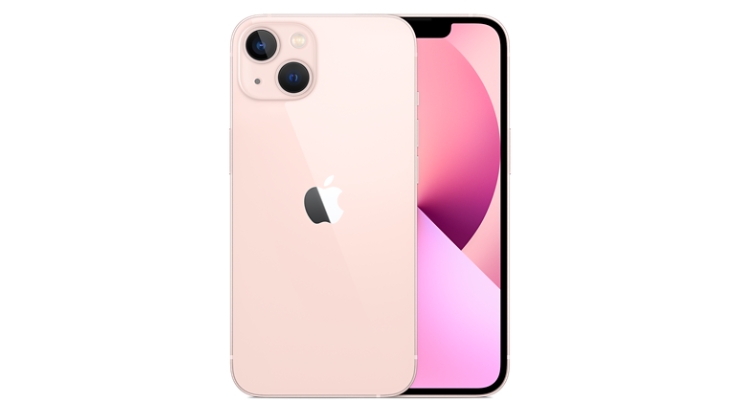
Weight: 174g
Dimensions: 146.7 x 71.5 x 7.7mm
Screen size: 6.1-inch
Resolution: 1170 x 2532
CPU: A15 Bionic
RAM: 4GB
Storage: 128GB/256GB/512GB
Battery: 3,240mAh
Rear camera: 12MP+12MP
Front camera: 12MP
The iPhone 13 is no longer a new phone, but it remains powerful, has decent battery life, and is cheaper than the new iPhone 15, while packing in similar screen specs.
Pros
- Relatively affordable
- Decent battery life
- Still powerful
Cons
- Just 12MP cameras
- No USB-C
- No Dynamic Island
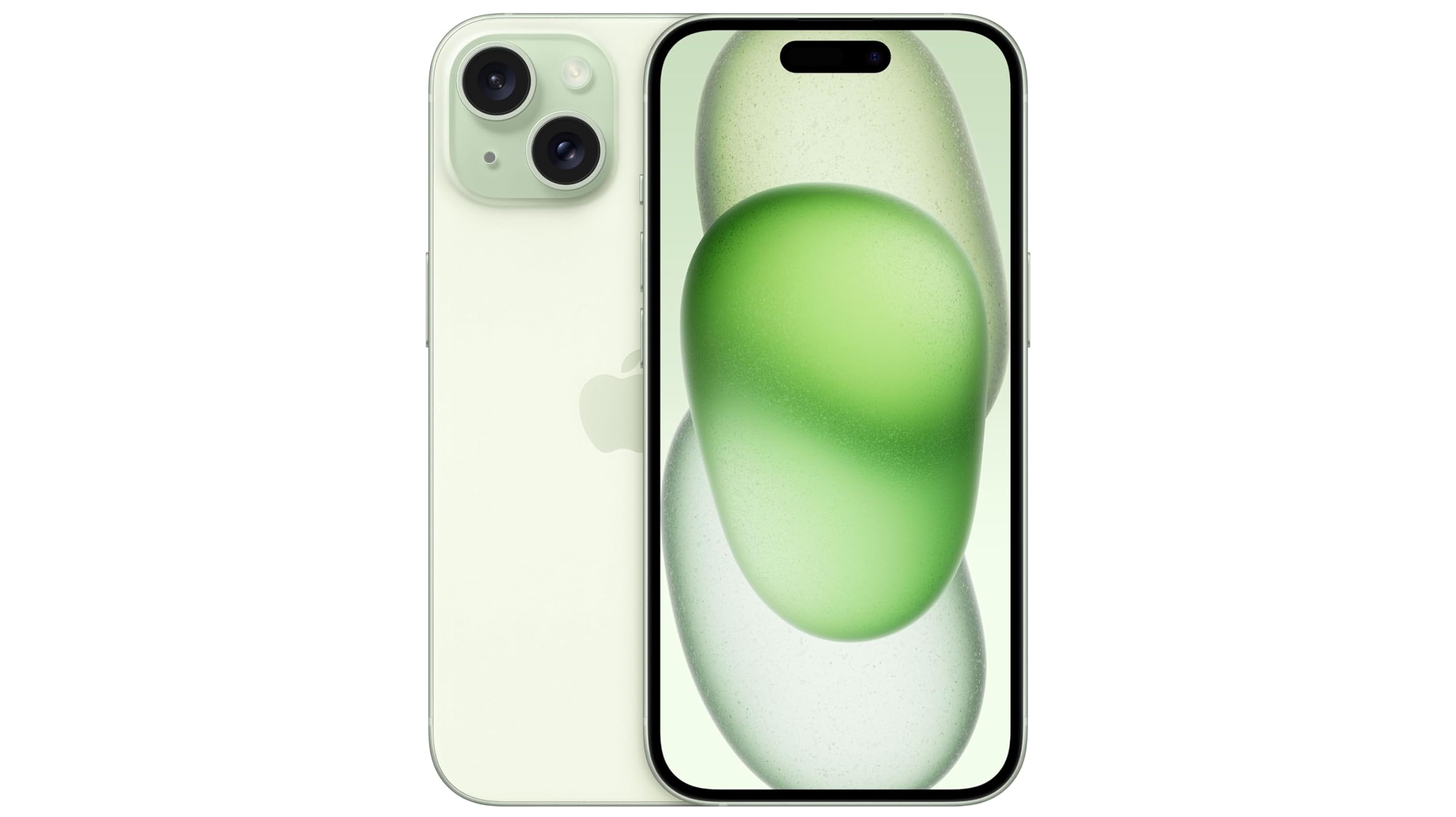
Weight: 171g
Dimensions: 147.6 x 71.6 x 7.8mm
Screen size: 6.1-inch
Resolution: 1179 x 2556
CPU: A16 Bionic
RAM: 6GB (TBC)
Storage: 128GB/256GB/512GB
Battery: 3,349mAh (TBC)
Rear camera: 48MP+12MP
Front camera: 12MP
The iPhone 15 has a lot of upgrades over the iPhone 13, including a Dynamic Island, USB-C, a 48MP camera, and a faster chipset, but it also costs more.
Pros
- Dynamic Island
- 48MP main camera
- A16 Bionic chipset
Cons
- No zoom lens
- 60Hz refresh rate
- Can run a little hot
The iPhone 13 is two years old now, so a lot of owners will probably be looking to upgrade, and the most obvious candidate to upgrade to is the iPhone 15, which launched in September 2023.
The standard iPhone 15 arrived alongside the iPhone 15 Plus, the iPhone 15 Pro, and the iPhone 15 Pro Max, and while any one of these would be a big improvement on the iPhone 13, it’s only the iPhone 15 itself which carries an even vaguely similar price tag.
So just how much of an upgrade is the iPhone 15 really? We've completed a full iPhone 15 review, so we can answer that question definitively. Below then, you'll find a comparison between the aging iPhone 13 and the new iPhone 15.
iPhone 13 vs iPhone 15: specs comparison
Before we discuss the similarities and differences between these two phones in detail, we’ve made a list of the key specs below, so you can see how they compare at a glance.
| iPhone 13 | iPhone 15 | |
|---|---|---|
| Display: | 6.1-inch OLED | 6.1-inch OLED |
| Resolution: | 1170 x 2532 pixels | 1179 x 2556 pixels |
| Refresh rate: | 60Hz | 60Hz |
| Chipset: | A15 Bionic | A16 Bionic |
| Rear cameras: | 12MP main, 12MP ultra-wide | 48MP main, 12MP ultra-wide |
| Front camera: | 12MP | 12MP |
| RAM: | 4GB | 6GB |
| Storage: | 128GB, 256GB, 512GB | 128GB, 256GB, 512GB |
| Battery: | 3,240mAh | 3,349mAh |
iPhone 13 vs iPhone 15: price and availability
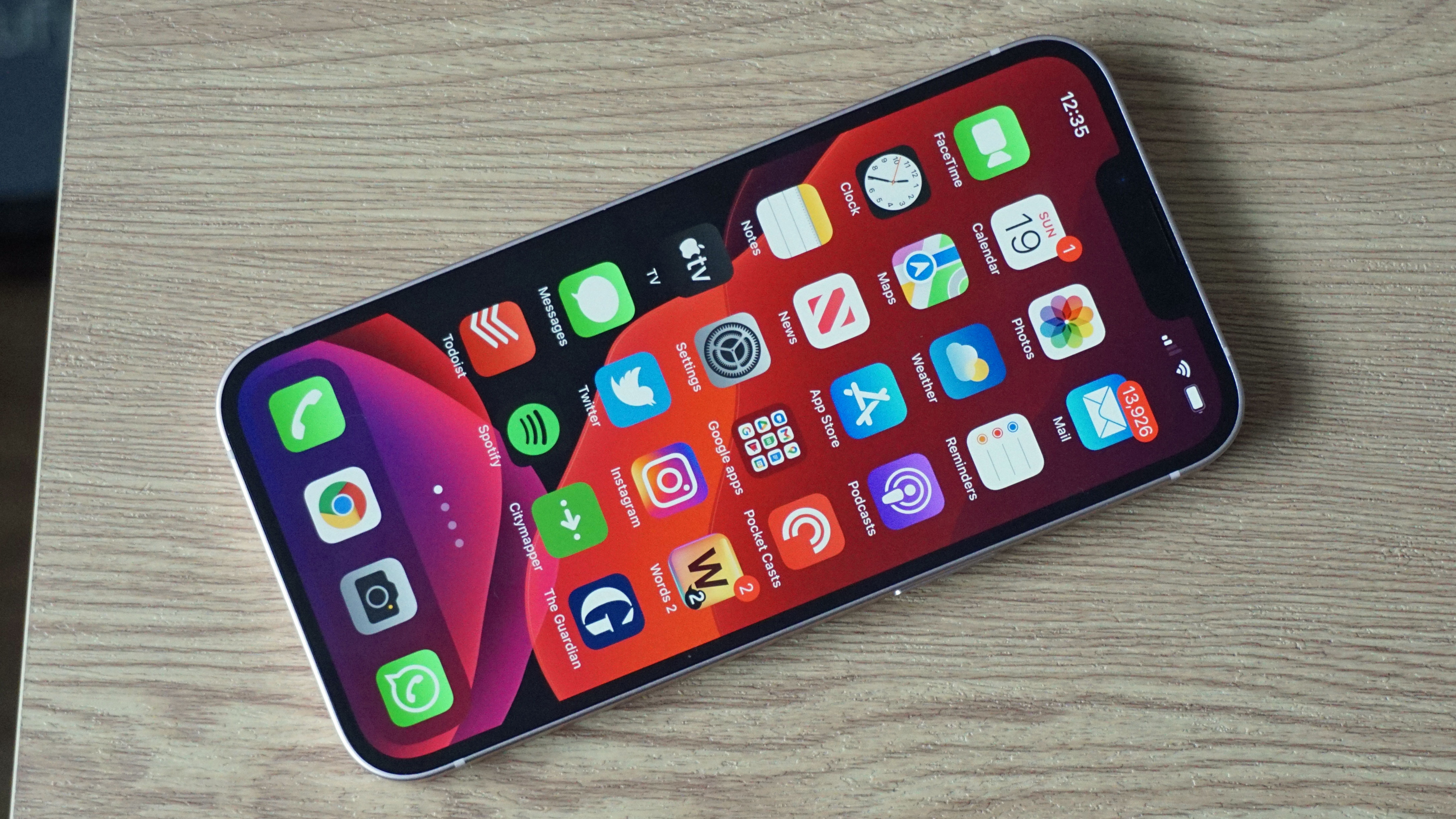
The iPhone 13 is widely available and is still sold direct by Apple. It currently starts at $599 / £599 / AU$1,099.
As for the iPhone 15, that’s also widely available, and it starts at $799 / £799 / AU$1,499.
So the iPhone 15 starts at $200 / £200 / AU$400 more than the iPhone 13, which makes it substantially more expensive.
Sign up for breaking news, reviews, opinion, top tech deals, and more.
iPhone 13 vs iPhone 15: design and display
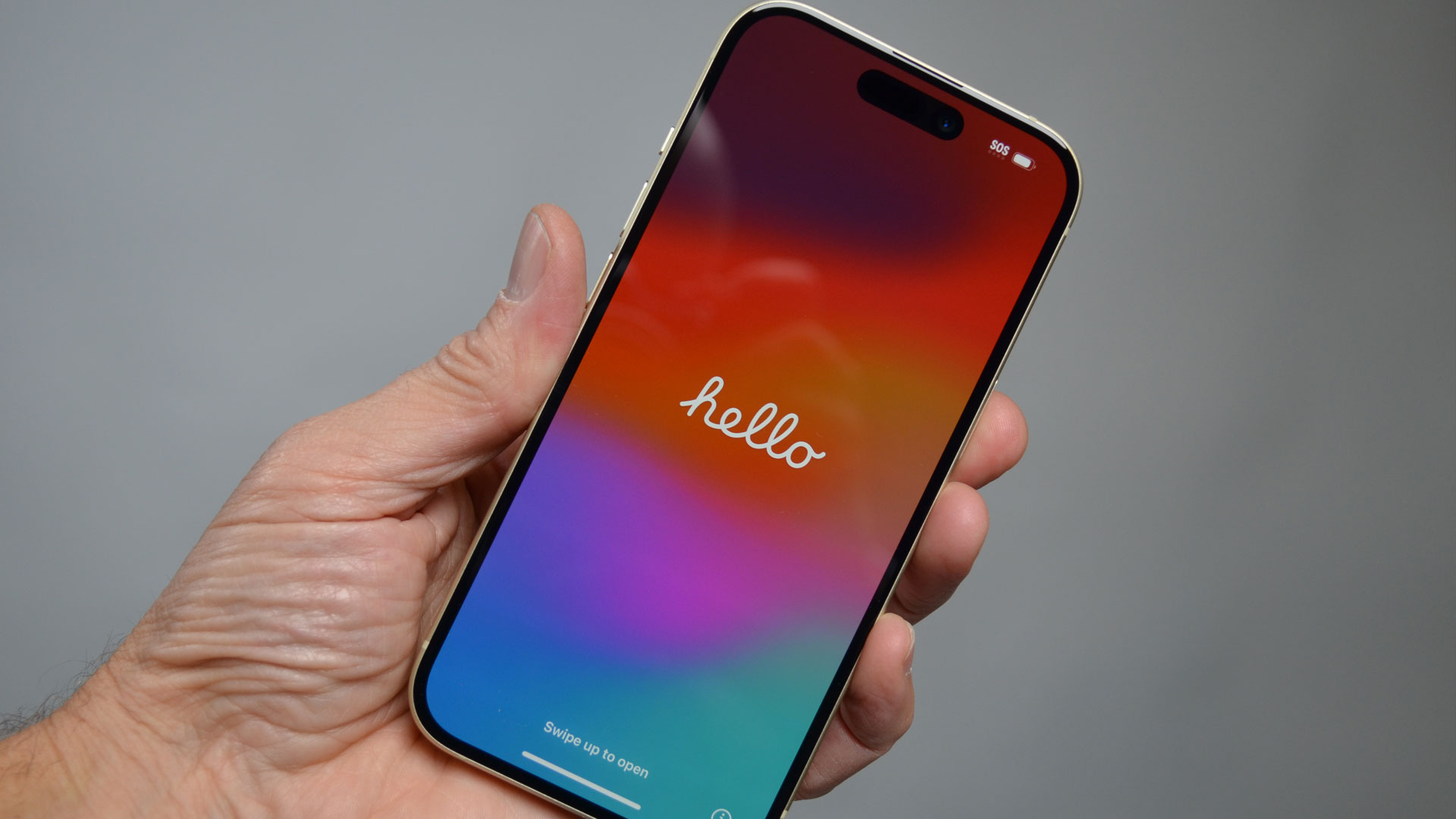
The iPhone 13 has a glass back, an aluminum frame, a square camera block, and a flat screen, with a notch jutting into the top of the display. Most of that is true of the iPhone 15 as well – with one key difference: this phone has a Dynamic Island rather than a notch, so it looks a lot more modern from the front.
There are other differences too, with the iPhone 15 using color-infused glass on the back, which makes colors look warmer than on the iPhone 13. The specific iPhone 15 colors include blue, pink, yellow, green, and black, while the iPhone 13 colors include Product (RED), Midnight (black), Starlight (white), blue, and pink.
Another small design difference is to the edges, which are slightly contoured on the iPhone 15, while they're flat on the iPhone 13.
However, the iPhone 15 matches the iPhone 13’s IP68 rating for dust and water resistance, and it has a similar weight and dimensions too, coming in at 147.6 x 71.6 x 7.8mm and 171g, while the iPhone 13 is 146.7 x 71.5 x 7.7mm and 174g.
As for their screens, the iPhone 15 has a 6.1-inch 1179 x 2556 OLED display with a 60Hz refresh rate and the iPhone 13 has a 6.1-inch 1170 x 2532 OLED display with a 60Hz refresh rate. So their screens are very similar, but the newer phone can reach 2,000 nits of brightness, while the iPhone 13 tops out at 1,200 nits.
iPhone 13 vs iPhone 15: cameras
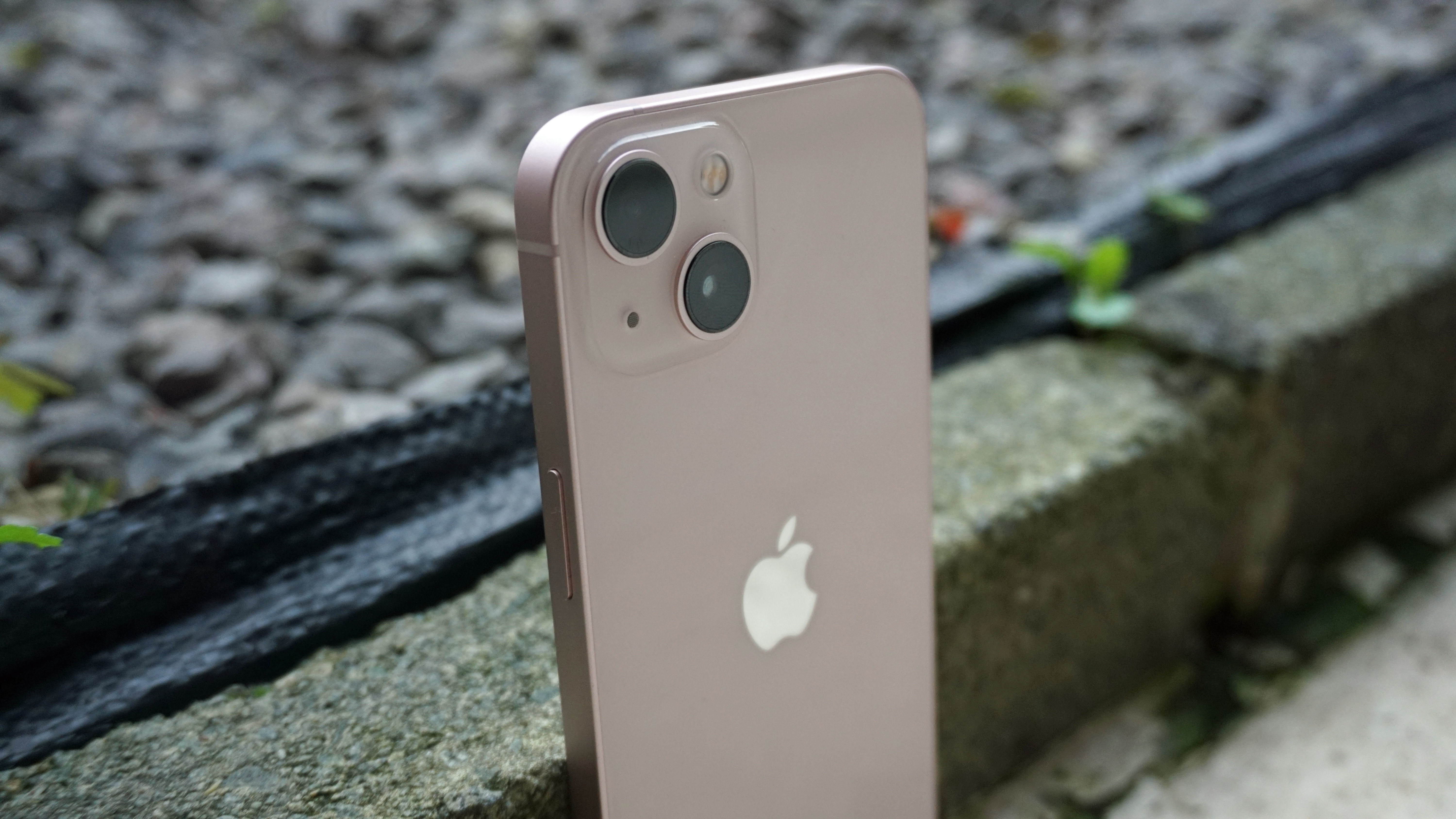
The iPhone 13 has a dual-lens rear camera array, with a 12MP main sensor and a 12MP ultra-wide; there's a 12MP sensor on the front for selfies. The iPhone 15 has received some upgrades here, though not to the number of cameras.
The main change is that the iPhone 15 has a 48MP main sensor, so that aspect is significantly better than on the iPhone 13. However, the other cameras have remained at 12MP. And as with the iPhone 13 there isn't a telephoto camera here, though the new 48MP snapper can take lossless 2x zoom shots.
So if you primarily use the main sensor on your phone then this new camera is a big reason to upgrade, but for significant improvements to the other lenses or an extra lens you’ll have to look to the iPhone 15 Pro or iPhone 15 Pro Max, or another phone altogether.
iPhone 13 vs iPhone 15: performance
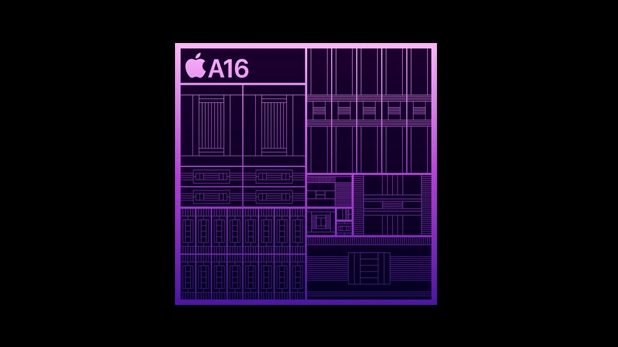
One unsurprising change you'll find if you upgrade from an iPhone 13 to an iPhone 15 is the performance, as while the iPhone 13 has an A15 Bionic chipset, the iPhone 15 has an A16 Bionic chipset.
This makes for a substantial power boost, but not as substantial as you might have expected. That's because the A16 is only actually one year newer than the A15, even though the iPhone 15 is two years newer than the iPhone 13.
Apple actually used the A15 Bionic in both the iPhone 13 and the iPhone 14. And while there is a new A17 Pro chipset this year, that's exclusive to the iPhone 15 Pro and iPhone 15 Pro Max.
You’ll also get more RAM with the iPhone 15 than the iPhone 13. The latter has just 4GB, but Apple upped it to 6GB for the iPhone 14, and we got the same again this year. So all in all, performance has received a noticeable boost in the new phone, with our review noting that "the iPhone 15 can handle pretty much any task you throw at it."
iPhone 13 vs iPhone 15: battery
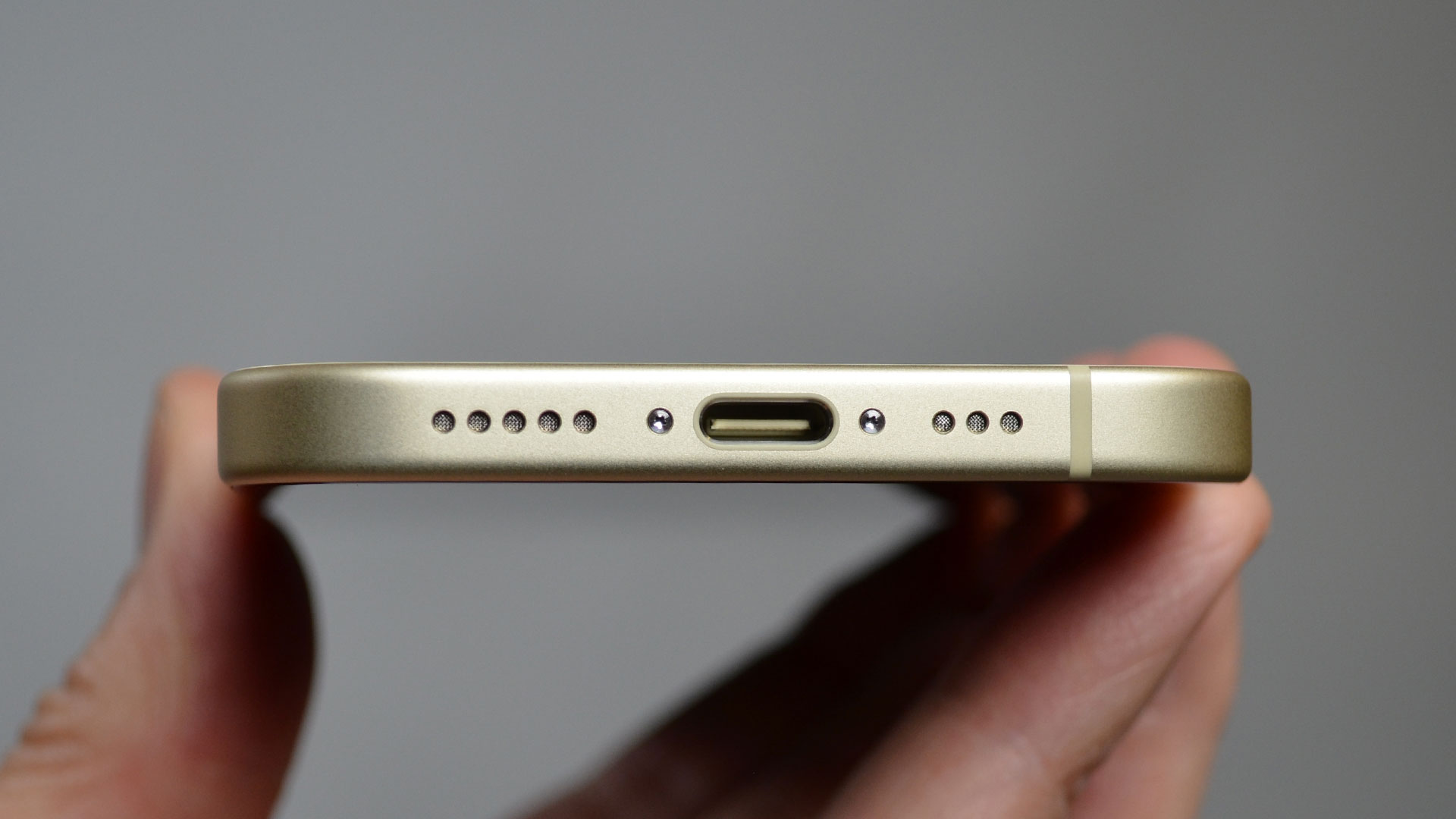
The iPhone 13 has a 3,240mAh battery, which is marginally smaller than the 3,349mAh battery in the iPhone 15.
This is a small enough difference that the two phones unsurprisingly have similar life. For reference, in our iPhone 13 review we found that it reliably lasted a day but not much more, while in our iPhone 15 review we found much the same.
That said, Apple claims that the iPhone 15 can last for an extra hour of video playback or an extra 5 hours of audio playback, so the newer phone might have slightly better life.
Another change comes in the form of how you charge these phones, as while the iPhone 13 has a Lightning port, the iPhone 15 uses USB-C, though both phones top out at 20W charging speeds.
iPhone 13 vs iPhone 15: verdict
The iPhone 15 has a more powerful chipset than the iPhone 13, along with more RAM, a Dynamic Island rather than a notch, an upgraded main camera, a slightly bigger battery, a brighter screen, and USB-C charging.
However, brightness aside its screen sports roughly the same specs as the iPhone 13’s, its remaining cameras aren't significantly better, and it costs quite a bit more.
So it's a respectable upgrade overall, but not a game-changing one. For that, you’ll need to upgrade even further, to an iPhone 15 Pro or iPhone 15 Pro Max.
More iPhone 15 articles
- iPhone 15: everything you need to know
- iPhone 15 Plus: everything you need to know
- iPhone 15 Pro Max: everything you need to know
- iPhone 15 price: should you go for iPhone 14 instead?
- iPhone 15 deals: the best offers to look out for
- iPhone 15 USB-C: everything you need to know
- iPhone 15 Pro Max camera: 7 big upgrades
- 15 things we learned at Apple's September 2023 event
James is a freelance phones, tablets and wearables writer and sub-editor at TechRadar. He has a love for everything ‘smart’, from watches to lights, and can often be found arguing with AI assistants or drowning in the latest apps. James also contributes to 3G.co.uk, 4G.co.uk and 5G.co.uk and has written for T3, Digital Camera World, Clarity Media and others, with work on the web, in print and on TV.